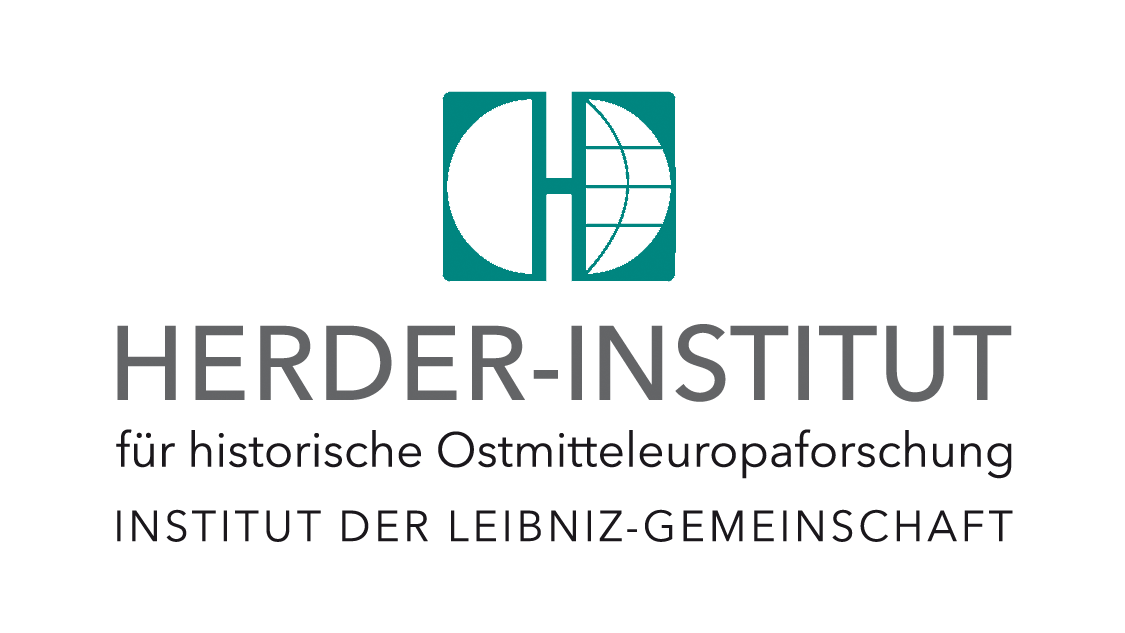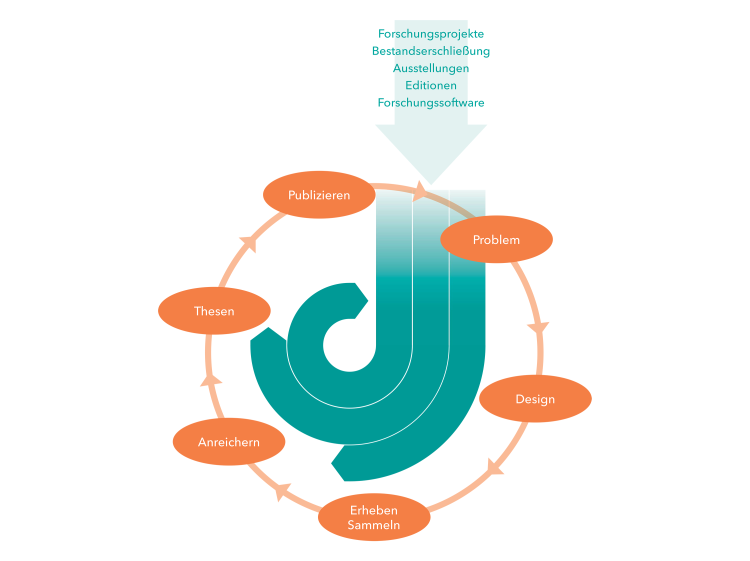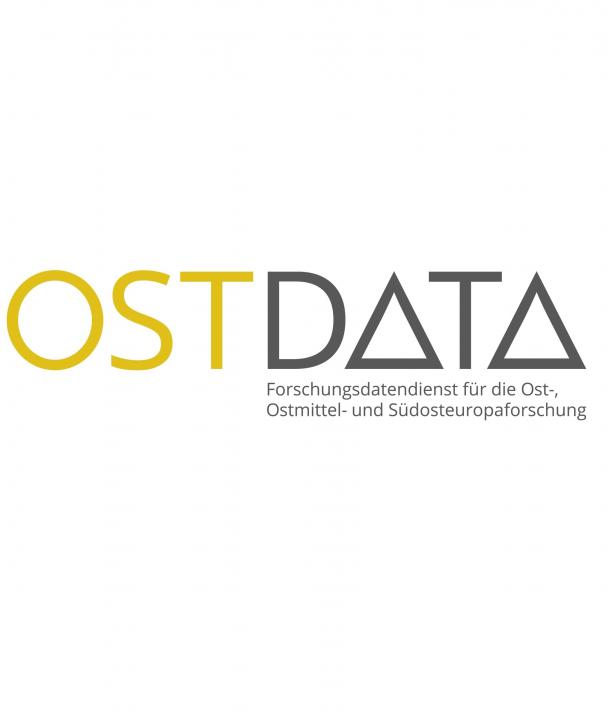The Herder Institute for Historical Research on East Central Europe – Institute of the Leibnitz Association is a non-university research institute and scientific infrastructure facility with its own collections and in-house publisher. It provides a diverse range of analogue and digital infrastructures for the scientific community and produces mostly non-standardized, heterogenous research data, particularly in the context of hermeneutic-interpretative research in the arts.
Text
Over the course of this project, the Herder Institute’s procedures for research data management (FDM) were strategically developed and refined at a conceptual, organizational and technical level. The goal was to establish an organizational structure and data culture as well as a technical concept. Also, we aimed to develop a long-term roadmap and to expand and develop our collaborations in a strategic way. Based on an up-to-date inventory of our holdings, we worked to develop scenarios and devise criteria for the categorization of research data at the Herder Institute, and, building on this, to interview colleagues in order to identify what the needs are in terms of organizational, technical and juristic support. The FIZ in Karlsruhe supported the analysis phase of the project. It aided us in developing both a catalog of software requirements relating to research data management as well as a set of guidelines for data management. A further aim was to set up a consultancy service and opportunities for further qualification and training for our employees.
Text
We set up one research project as a pilot and monitored its research-data life-cycle. Based on the complete set of results from this, a catalog of measures for research data management were then developed. The next step was to identify criteria and hold cooperation talks in order to aid in archiving and the setting up of repositories for subsequent use and also to help us choose long-term collaboration partners. A concept for a long-term technical solution was developed in alignment with national developments, and the results of the project were put into writing and discussed with our partners, including with the Leibniz competence network “GeWissDigital”. Finally, based on the experience we have gained from the project, we are now able to formulate suggestions for a long-term roadmap and a financial plan.
Text
The project stands as a model for institutions with a similar profile to ours. The experiences we gained are, in many respects, exemplary for research data management in other institutions doing similar work. Many museums, for example, have a comparative data and software situation: the use of archiving, library and collections software within an institution, the development of software in digital humanities projects and the interconnectedness of research data throughout all the above-mentioned systems.
Externe Links
External Image






